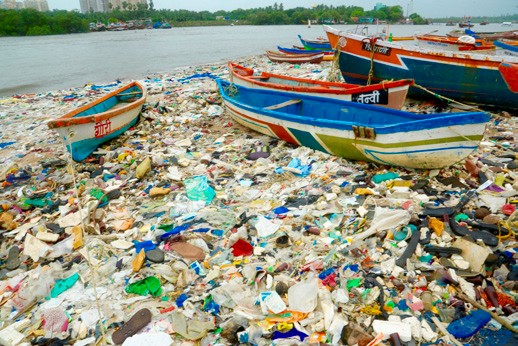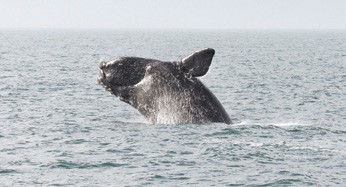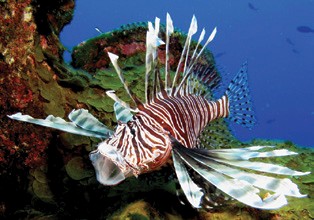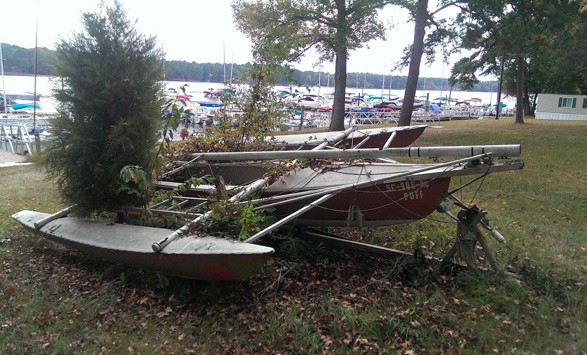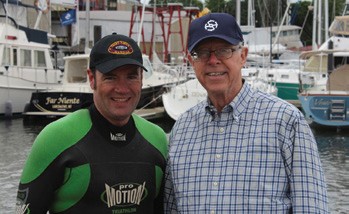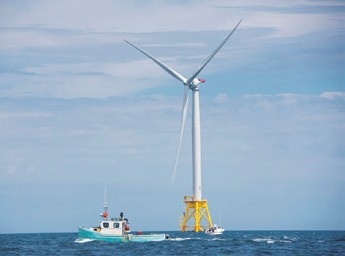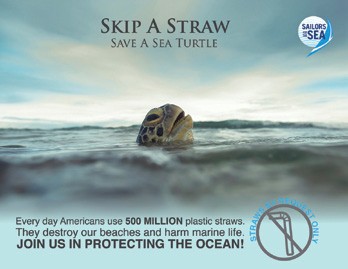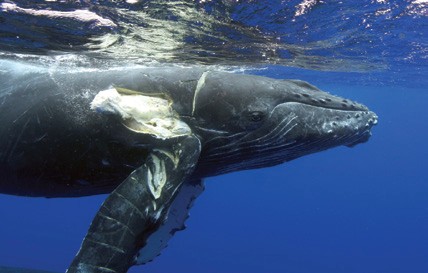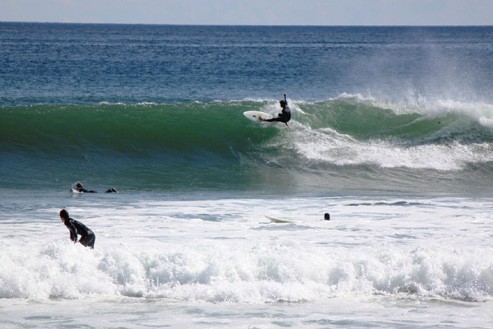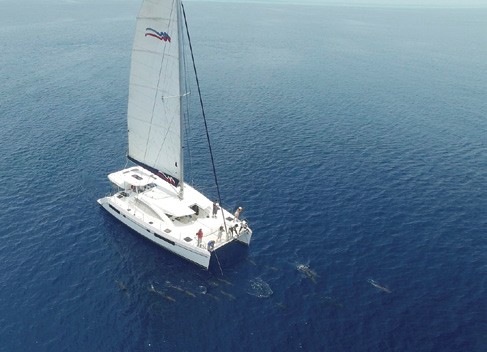We're glad you're enjoying WindСheck! Create a free account today to get access to more features.Already a subscriber? Sign in
Sound Environment
This section features updates from the many organizations dedicated to preserving and protecting the ocean, both locally and globally, and information about how you can take action!
Sound Environment
The Right Whale to Save
We at Whale and Dolphin Conservation (WDC) recognize the importance of the fishing industry and emphasize that there is no intent from fishermen to harm whales. Yet this accidental bycatch of whales and dolphins poses the single largest global threat to marine mammals. Here in the Atlantic, WDC holds a federally appointed seat on the Atlantic Large Whale Take Reduction Team, where we work with fishermen, conservation groups, scientists and state and federal agency representatives to address this complex threat.
Sound Environment
Targeting Invasive Lionfish
A non-profit organization called Robots in Service of the Environment (RSE) has developed a robot that will hopefully be the solution to what many experts have described as the worst man-made ecological disaster ever witnessed. The problem is a massive invasion by the lionfish, a voracious predator that threatens to destroy coral reef ecosystems, native fish stock and fisheries in the Caribbean Sea, Western Atlantic and Gulf of Mexico.
Sound Environment
Turning Old Boats into New Solutions
Sound Environment
Brewer Takes a Stand for Clean Water
On June 15, swimmer and clean water advocate Christopher Swain became the first person in history to swim the entire 133-mile length of Long Island Sound and the East River. The purpose of Swain’s swim, from Montauk, NY to New York City, was to call for a permanent end to the dumping of raw sewage into coastal waterways.
Sound Environment
New York to Build Nation’s Second and Largest Offshore Wind Power Project
On January 25, the Long Island Power Authority (LIPA) Board of Trustees voted to approve a contract for the South Fork Wind Farm, a 90-megawatt (MW) project that will produce enough clean, local energy to power 50,000 homes. The project’s 15 turbines will be built 30 miles east of Montauk, New York, in an area of federal waters already leased for wind energy development.
Sound Environment
Skip a Straw – Save a Sea Turtle
Sound Environment
When Whales Meet Sails: How the sailing community can help stop collisions with whales
“Currently the database for marine mammal strikes is very sparse. We are requesting sailors and boaters help to submit information on current and past incidents, however long ago that may be. By giving a location, date, identification if possible, and any other relevant information you can help scientists better understand where marine mammals are at risk for strikes, and help fellow boaters know where they are likely to come across marine mammals.

